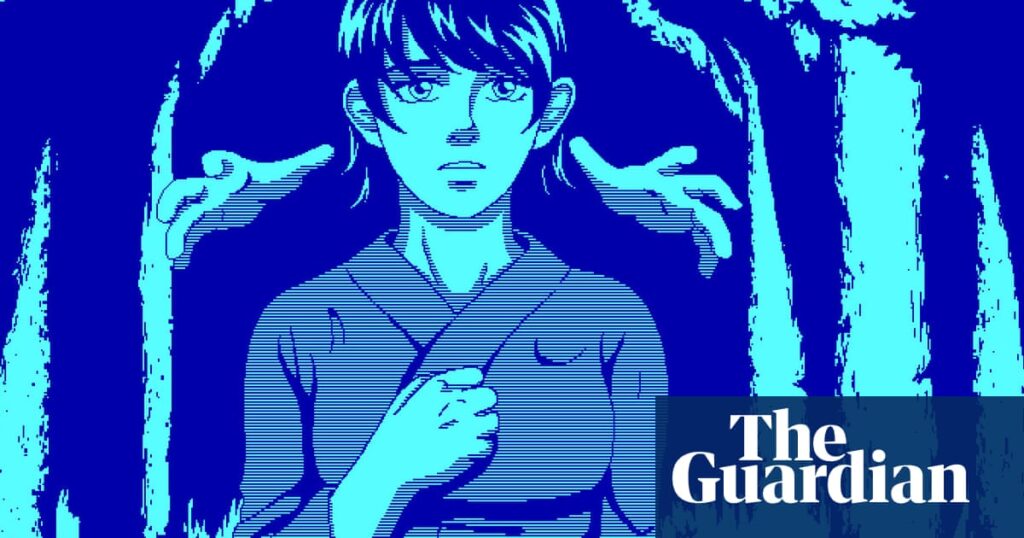
For anyone looking to gauge the mood of the UK games industry in 2025, the bar of the DoubleTree by Hilton hotel in Brighton has been the place to be this week. The annual Develop conference, held here since 2006, gathers developers, publishers, students, and journalists for three days of talks, roundtables, and keynotes. This year, the atmosphere has been notably somber, reflecting months of cuts and closures across the industry.
On Tuesday, conversations with coders, artists, and studio heads revealed a landscape marked by cancelled games, staff layoffs, and shattered deals. Several senior developers warned that these severe reductions could lead to a significant gap in the release schedules of major publishers by late 2026 and 2027. While Grand Theft Auto VI is anticipated to be a blockbuster, the concern is that it might become one of the few major titles available.
Optimism Amidst Industry Challenges
Despite the prevailing gloom, the conference also showcased optimism. A panel titled Why Cultural Recognition is Crucial to the Future of the Games Industry featured Nick Poole, CEO of the trade body Ukie. Poole highlighted a positive shift in the industry’s perception among politicians and policymakers in Westminster. “Three years ago, understanding of games was scant, but just recently there’s been a massive amount of recognition,” he noted.
“Suddenly, politicians are talking to us about the educational reach of games; the power of games for young people as a channel of self-expression; we’ve seen the first games being prescribed on the NHS as a treatment for anxiety and depression.”
This recognition underscores the cultural impact of games beyond their economic value, offering a hopeful perspective for the future.
The Role of AI and Authenticity
The conference also addressed the industry’s growing concerns about AI, particularly large language models. Cassia Curran, founder of Curran Games Agency, provided a reassuring viewpoint. “The development of AI will mean there’s an abundance of content out there,” she said. “But the way to succeed as a developer is to lean into the authentic human experience. AI cannot replicate your feelings or culture, and these can be reflected in your games.”
“In the era of AI slop, players will be looking for experiences that feel new and deeply human.”
Developers are going to great lengths to ensure authenticity in their games. Jens Andersson and Pete Ward from MachineGames shared how they traveled to northern Sweden to record a bull-whip expert for their game Indiana Jones and the Great Circle. Similarly, the team behind Shadows of Doubt created an entire 1950s-style noir thriller to enhance the game’s world.
Representation and Diversity in Gaming
The conference also highlighted the importance of representation in gaming. Lydia Cooke, a PhD researcher in queer game studies, chaired a roundtable titled Representation in Games: Beyond the Surface. The discussion explored barriers to representation in mainstream games, where atypical characters are often viewed as risky.
However, attendees shared examples of games featuring diverse characters, such as Unpacking, Bossgame: The Final Boss is my Heart, and Monster Prom. The consensus was that while identity need not be a central theme, the presence of well-drawn diverse characters is invaluable to players who seldom see themselves represented.
Looking Forward: Industry Resilience
Away from the bar, independent developers shared insights into their innovative projects. The conference continues with talks from industry veterans like Housemarque and Sam Lake of Remedy Entertainment. These sessions highlight the resilience and creativity within the industry, emphasizing that gaming is not just a business but a cultural and artistic endeavor.
As the conference progresses, developers will exchange experiences, from crafting side quests in Marvel’s Spider-Man 2 to evoking emotion in indie games like Videoverse. The work continues, driven by passion and creativity, ensuring that gaming remains a dynamic and inclusive art form.






